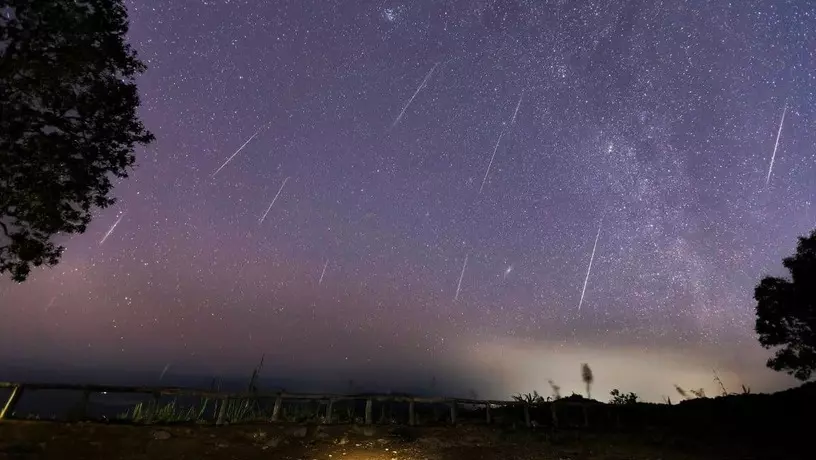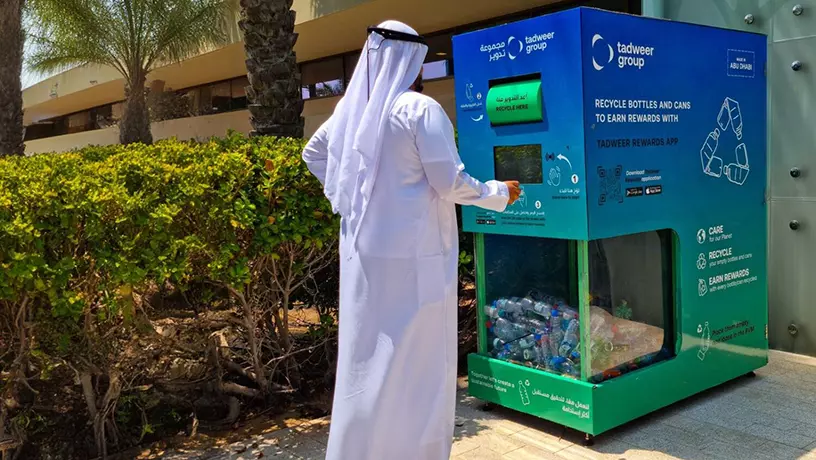
Meteor shower hits the UAE tonight
On December 14, residents and visitors to the United Arab Emirates will be able to observe the peak of the Geminids meteor shower in the sky. To view the grand celestial phenomenon, the Dubai Astronomy Group will set up a camp in the Al Qudra Desert from 8pm to midnight.
The meteor shower of the Geminids is one of the most beautiful stargazers of the year. The moonless sky will see 120 bright meteors fall per hour.
The Geminids are an annual wintertime starfall and outnumber all other meteor showers, including the Perseids in August. It’s best to see the starfall away from city lights. You have to stare upwards while your eyes get used to the darkness.
Geminids are named after the constellation Gemini. Gemini’s radiant is located near the bright star Castor. Meteor shower in the constellation Gemini was discovered in the late 20th century. The progenitor of Geminids, unlike most other meteor showers, is not a comet, but the object 3200 Phaeton, discovered in 1983 using infrared space.
It has neither a tail nor a coma, so astronomers consider it an intermediate object – something between a comet and an asteroid.
Phaethon’s very elongated orbit allows it to cross the orbits of all four Earth-group planets from Mercury to Mars as it orbits around the Sun, coming closer to the Sun than any other known asteroid, so it was named after the hero of the Greek myth of Phaethon, son of Helios, the sun god.
A study of the meteor shower has shown that its meteor particles are about 1,000 years old. That is, if the object was a comet, it has made many revolutions around the Sun in 1000 years, so that all the ice from its core evaporated, and the tail of the comet did not, and from the core was left only a stone carcass.
The meteor shower, or, as it is also called, “fire shower”, is produced by the destruction of a large meteorite, pieces of which burn up in the Earth’s atmosphere.
A meteor shower is made up of individual meteorites that give off a greater luminosity when they burn. Astronomers have confirmed the existence of 64 meteor streams.
Source: Arabian Business
Follow our Telegram Chanel








